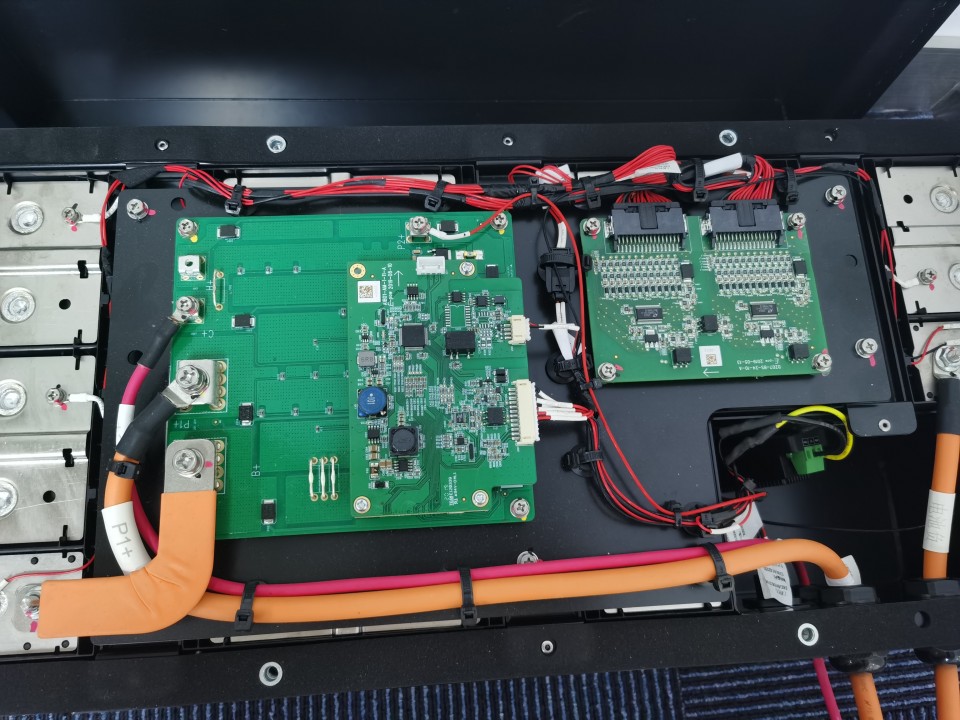As electric vehicles continue to gain prominence, the technology driving their energy storage systems becomes increasingly crucial. At the heart of an electric vehicle’s efficiency and longevity lies the Battery Management System. This intricate system is responsible for orchestrating the health, performance, and safety of the EV battery. As a buyer, click on this page here to learn what makes a Battery Management System an indispensable component in the world of electric vehicles.
Cell Balancing Circuits for Optimal Performance
At the core of any sophisticated BMS is its ability to balance individual cells within the battery pack. Electric vehicle batteries consist of multiple cells, and due to variances in manufacturing or operating conditions, cells may charge and discharge unevenly. Cell balancing circuits monitor and manage the voltage of each cell, ensuring an equilibrium that maximizes the performance and lifespan of the entire battery pack.
Communication Interfaces for Connectivity
Modern EVs are not isolated entities; they are part of a connected ecosystem. BMS incorporates communication interfaces that allow it to interact with external networks, charging stations, and other vehicle systems. This connectivity facilitates over-the-air updates, remote monitoring, and data sharing, contributing to a dynamic and evolving electric vehicle infrastructure.
Overcharge and Over-discharge Protection Mechanisms
Protecting the battery from extremes is paramount for its longevity. BMS includes robust overcharge and over-discharge protection mechanisms to prevent the battery from operating beyond its safe limits. Overcharging can lead to thermal runaway and irreversible damage, while over-discharging may result in capacity loss. The BMS intervenes to maintain the battery within a safe operational range.
Temperature Regulation for Optimal Performance
Temperature plays a crucial role in the performance and lifespan of an electric vehicle battery. BMS incorporates thermal management systems that monitor and control the temperature during charging and discharging. This regulation not only safeguards the battery from overheating but also optimizes its performance in diverse environmental conditions, ensuring efficient energy transfer.
State of Charge Estimation for Range Prediction
Knowing the State of Charge of the battery is akin to understanding the fuel level in a traditional vehicle. BMS employs advanced algorithms and modeling techniques to estimate the SoC accurately. This information is vital for predicting the driving range, allowing EV owners to plan their journeys with confidence and reducing the likelihood of unexpected battery depletion.
State of Health Monitoring for Longevity
Monitoring the State of Health of the battery is crucial for predicting its long-term performance and lifespan. BMS continuously assesses factors such as charge-discharge cycles, internal resistance, and capacity fade. This information enables the BMS to provide insights into the overall health of the battery, allowing for proactive maintenance and ensuring the longevity of the EV’s energy storage system.
Conclusion
The Electric Vehicle Battery Management System is a technological marvel that underpins the reliability, safety, and longevity of electric vehicle batteries. From precision monitoring through voltage and current sensors to intelligent control via the Microcontroller Unit, each key feature plays a vital role in the seamless integration of electric vehicles into our daily lives.
As technology continues to advance, the features of BMS will evolve, pushing the boundaries of efficiency, sustainability, and reliability in the ever-growing realm of electric mobility. Embracing these key features is not just a step towards greener transportation; it’s a leap towards a future where electric vehicles stand as pillars of innovation and sustainability

